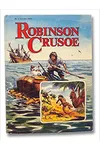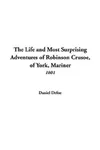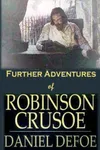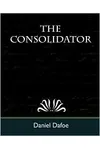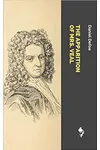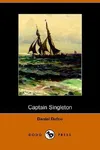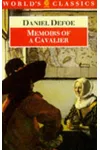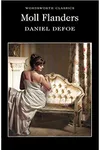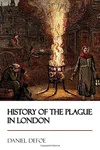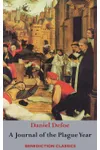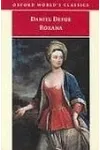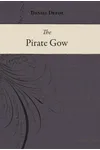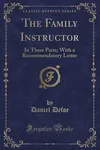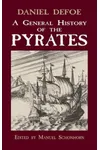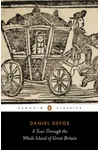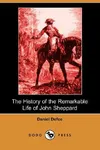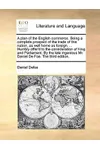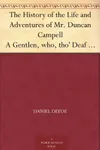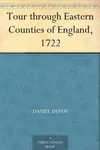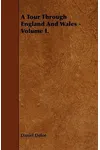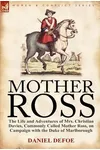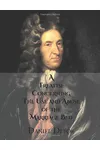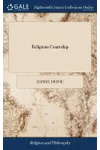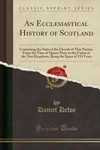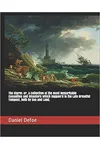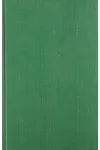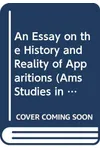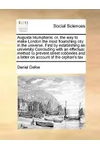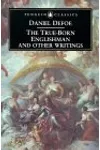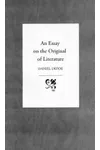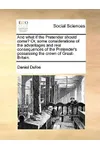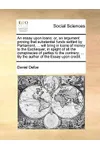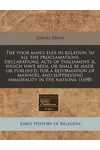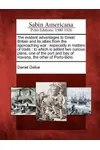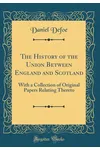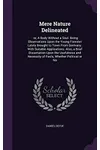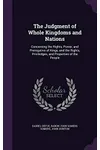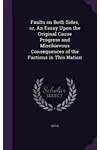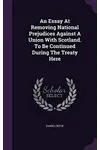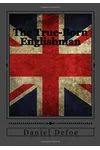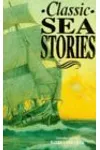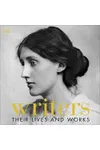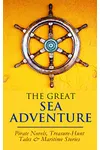Picture a 17th-century Londoner weaving tales of adventure that still captivate readers today—meet Daniel Defoe! Born around 1660, Defoe was a jack-of-all-trades: writer, journalist, merchant, and even spy. His groundbreaking novel Robinson Crusoe launched him into literary legend, earning him the title of a founder of the English novel. With over 500 works, his vivid storytelling and knack for complex characters continue to inspire.
The Making of Daniel Defoe
Born Daniel Foe in London, he added the aristocratic-sounding 'De' to his name later in life. Growing up in a dissenting Presbyterian family, Defoe faced religious persecution, which shaped his resilient spirit. He dabbled in trade, traveling across Europe, but bankruptcy and political turmoil pushed him toward writing. By his 30s, he was penning pamphlets and essays, blending sharp wit with social commentary, setting the stage for his novelistic genius.
Daniel Defoe’s Unforgettable Stories
Defoe’s Robinson Crusoe (1719) is his crown jewel—a gripping tale of a shipwrecked sailor surviving on a desert island. Its realistic detail and introspective narrative captivated readers, making it one of the first modern novels. Moll Flanders (1722) follows a spirited woman navigating poverty and crime, showcasing Defoe’s knack for flawed, relatable characters. A Journal of the Plague Year (1722) blends fact and fiction, vividly recounting London’s 1665 plague. His style, marked by immersive prose and moral complexity, bridged journalism and fiction, laying the groundwork for the novel as we know it.
Defoe’s works often explored survival, individualism, and societal critique. He wrote for the emerging middle class, using plain language to make stories accessible. His ability to craft believable worlds from sparse details set him apart, influencing writers like Jonathan Swift and Samuel Richardson.
Why Daniel Defoe Matters
Defoe’s legacy transcends his era. As a pioneer of the novel, he shaped a genre that dominates literature today. Robinson Crusoe inspired countless adaptations, from films to video games, and its themes of resilience resonate universally. His bold commentary on economics, politics, and morality challenged societal norms, cementing his role as a literary trailblazer. Defoe’s work reminds us that stories can both entertain and provoke thought, a balance that keeps him relevant.
- Born: Around 1660, London, England
- Key Works: Robinson Crusoe, Moll Flanders, A Journal of the Plague Year
- Notable Fact: Defoe wrote over 500 works, including novels, essays, and pamphlets.
Ready for an adventure? Grab Robinson Crusoe and dive into Defoe’s thrilling world of survival and discovery!
